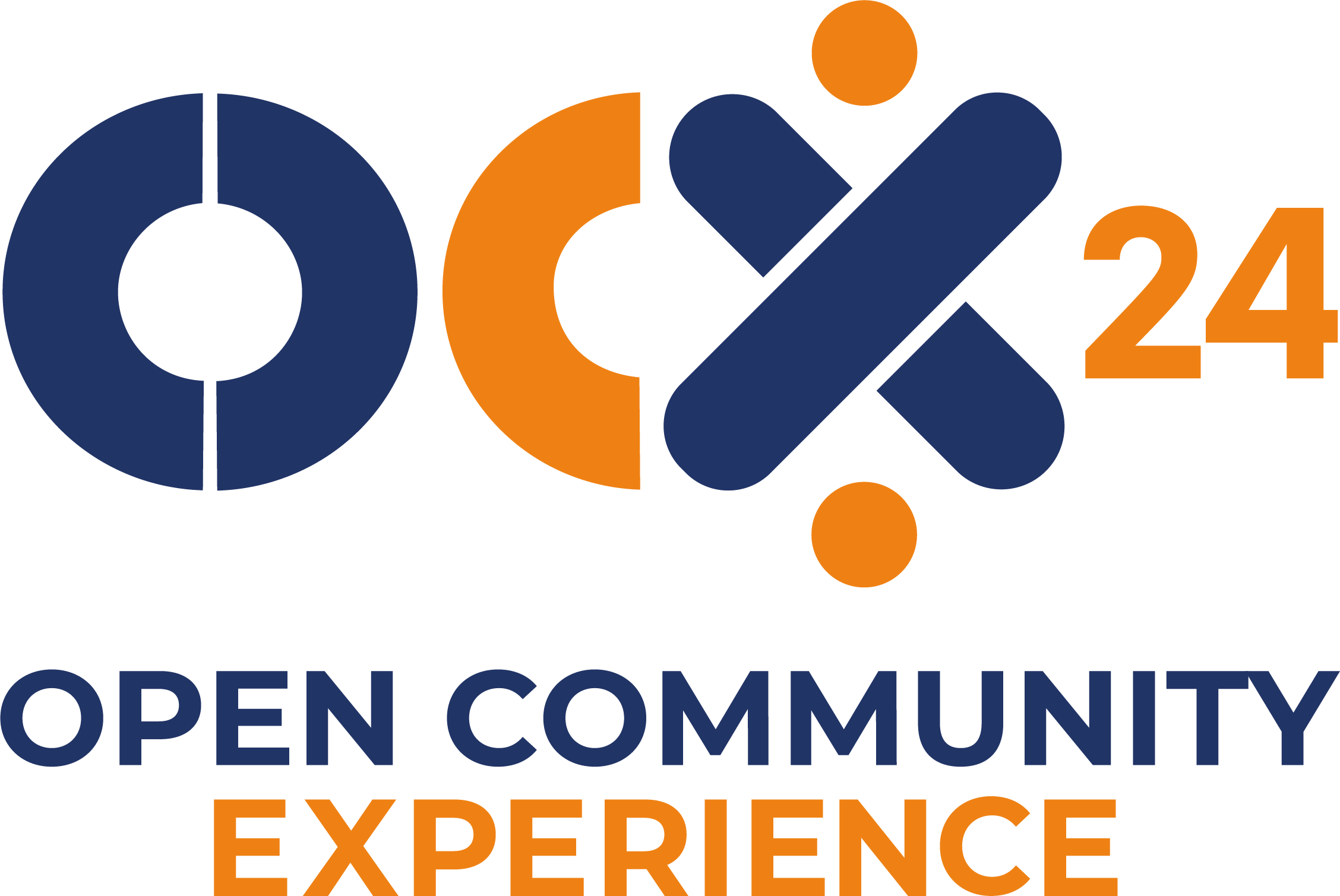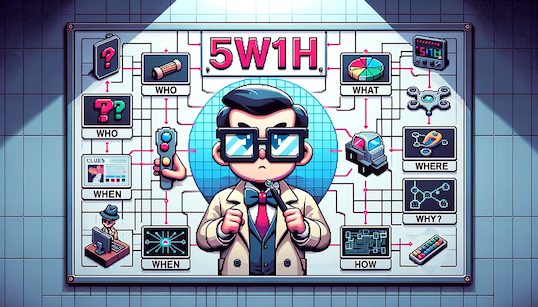
Open VSX security update, October 2025
Over the past few weeks, the Open VSX team and the Eclipse Foundation have been responding to reports of leaked tokens and related malicious activity involving certain extensions hosted on the Open VSX Registry. We want to share a clear summary of what happened, what actions we’ve taken, and what improvements we’re implementing to strengthen the security of the ecosystem.
Background
Earlier this month, our team was alerted to a report from Wiz identifying several extension publishing tokens inadvertently exposed by developers within public repositories. Some of these tokens were associated with Open VSX accounts.









